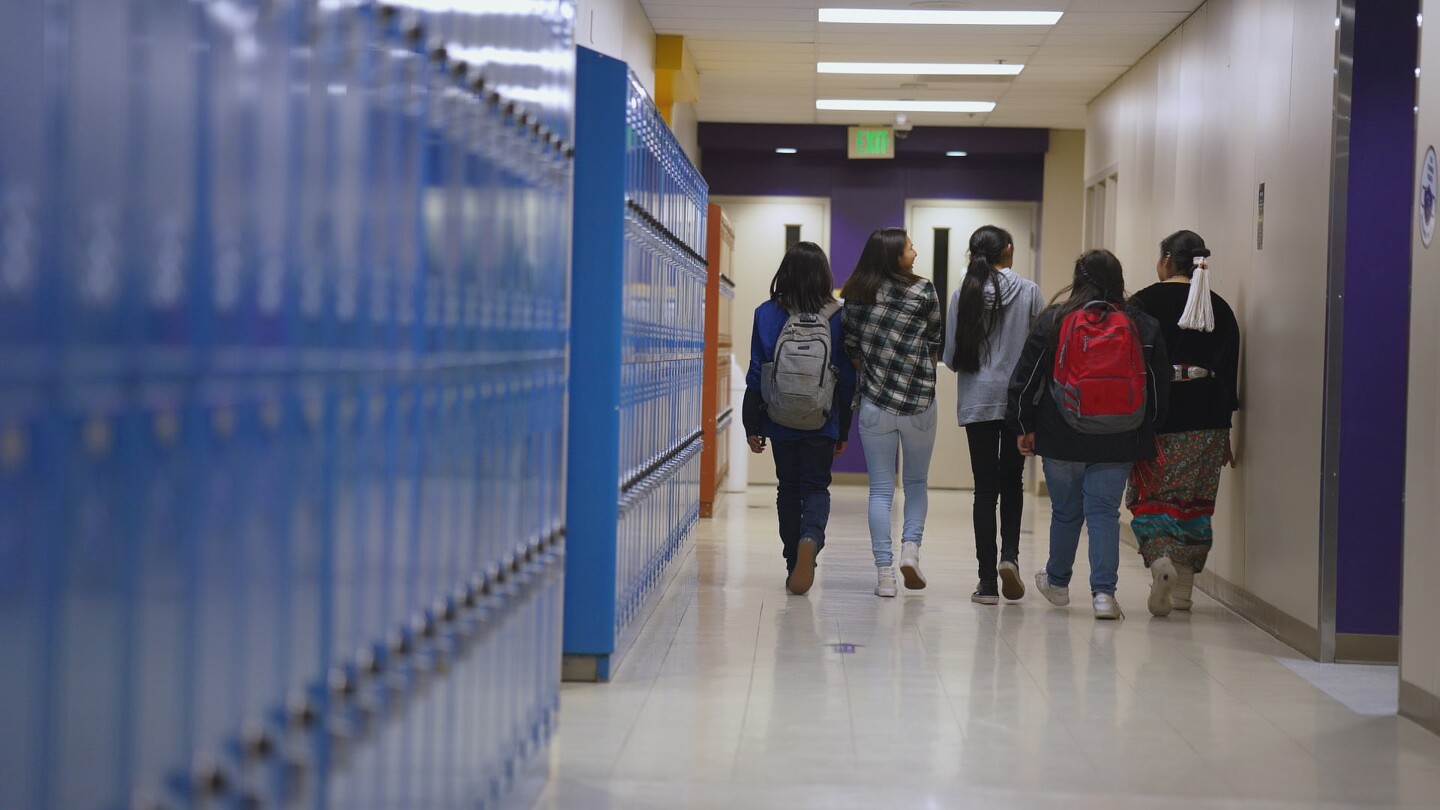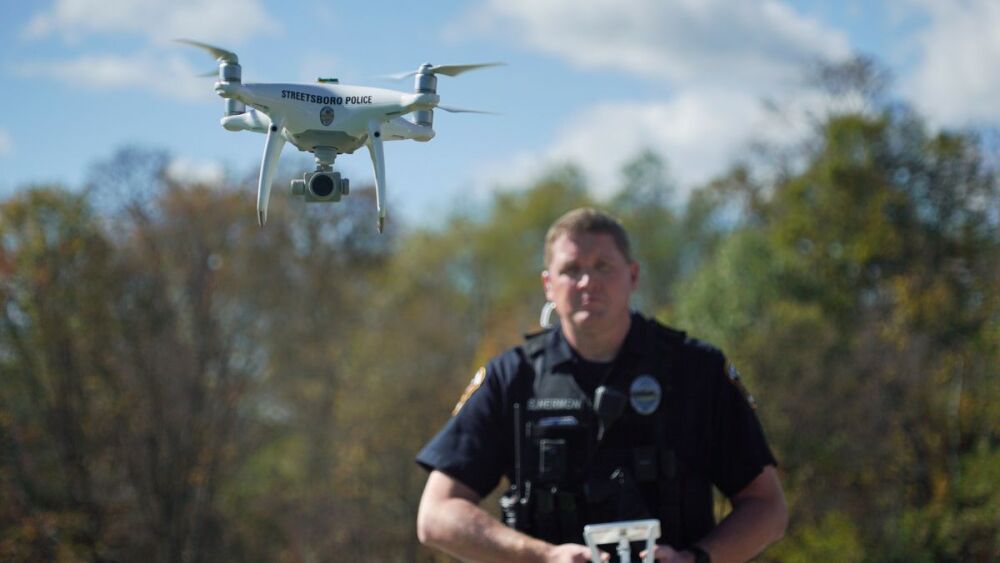Police Training
Police1’s Police Training and Law Enforcement Training course resources help to keep officers safer on the street by providing access to information that supports professional development and improves training.
While leadership challenges can emerge at any level, they most often take root at the first supervisory level, where decisions, attitudes and accountability shape everything that follows
The academy lays the foundation, but strong supervisors turn training into lasting performance
From real-time camera access to AI-verified weapons detection, an effective school safety setup depends on interoperability, clear command structure and leadership — not on gadgets alone
Leaders from Knoxville, Louisville and Nashville share how they launched the Tri-City Police Leadership Academy and what it means for the next generation of supervisors
Kingsway Jiu-Jitsu athlete and 12-time ADCC Open medalist Brandon George explains why officers should deliberately train mount, turtle and full-duty-gear grappling to build composure in chaotic encounters
Foreign conflicts, local consequences — six priorities for law enforcement leaders as global tensions rise
As instructors face criminal prosecution, police leaders must confront how to preserve rigorous training while strengthening safety protocols and accountability
Download this practical checklist to spot gaps fast, align roles across agencies, and strengthen command and communications for complex incidents
Strategies for keeping agency policies current with laws, court rulings and best practices to reduce liability and strengthen compliance
Bristol is working to construct a two-story facility that would house a training center where its police officers and others across the state could practice how to deal with armed attackers in complex buildings
Students risk social fallout to report a peer in crisis — only to see that student return hours later unchanged, leaving officers and youth questioning whether the system can truly intervene
Marietta Police Deputy Chief Tanya Twaddell explains how her agency distinguishes between actionable threats and general awareness — and why communication must be settled long before a crisis unfolds
Connect data, decisions and action across your agency
How critical leads get buried — and how to find them faster
What happens between the alert and the response — and why leadership decisions made early matter
If you are a law enforcement leader — or aspire to be — here is an experience-proven list of what cops want from their leaders
How automated reporting and synchronized dispatch and response can bridge staffing gaps and boost officer safety
At SHOT Show 2026, InVeris celebrated its 100-year heritage with the strategic spinoff of Caswell Live Fire and a new era of training solutions
How unified command, disciplined tactics and joint training can prevent injuries and restore order
From the shotgun era to modern patrol rifles, one veteran officer explains why rifles improve accuracy, officer safety and community protection — and why proficiency must be a nonnegotiable part of patrol duty
As threats evolve, departments can prepare with minimal resources
This episode uses side mount to highlight awareness, balance and posture as foundational skills for ground control — regardless of size
As online grooming reshapes missing-child cases, the National Child Protection Task Force is helping agencies use technology and legal tools to locate endangered children
Police agencies are capturing unprecedented amounts of video, but many lack a strategy for turning that data into learning
What happens after chemical agents are deployed matters as much as the decision to use them, from decontamination and medical care to risk mitigation and public trust
The link between reduced burnout, improved retention and smarter workflows
Cadet Ryan Phillip Ferreira appeared to suffer a medical emergency during a physical abilities course, the Jackson County Sheriff’s Office stated
The dashcam video of the murder of Constable Darrell Lunsford on January 23, 1991, became an essential officer safety training tool
When enforcement unfolds on camera and tensions run high, preparation, command decisions and leadership — not rhetoric — determine what happens next
MOST POPULAR
- Key considerations for a law enforcement drone policy
- 1 simple strategy for dealing with a driver who refuses to give you their license
- 6 tips for safe and successful traffic stops
- 6 officers no longer employed at Fla. sheriff’s office following FBI National Academy cheating investigation
- The story of the fatal Fargo ambush from the only officer left standing to eliminate the gunman































